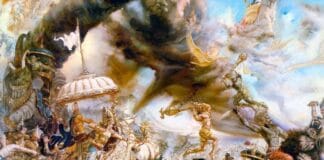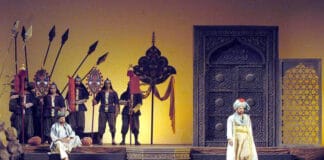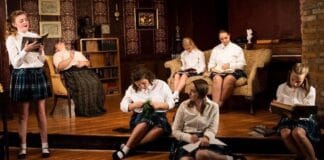δάσκαλος (dáskalos) means the teacher in Greek. Devika Panikar has been teaching English Language and Literature since 2006. She is an Assistant Professor with the Directorate of Collegiate Education under the Government of Kerala. This website is a collection of lecture notes she prepared by referring to various sources for her students’ perusal.
Contact us: devika@devikapanikar.com










